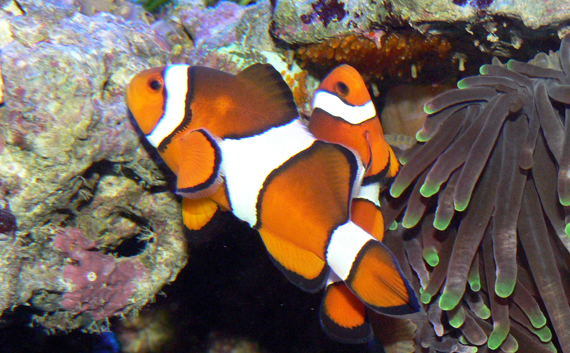Hydrolyzed Fish Collagen – Statement on Allergenicity

While milligrams of fish are known to cause allergic reactions in some individuals, fish gelatin did not cause any observable reactions in a hospital supervised test with known cod fish allergic patients who ingested a cumulative amount of 14.61 grams.
A Double Blinded Placebo Controlled Food Challenge (DBPCFC)1 was published in the Food and Chemical Toxicology journal. In this test, the Dried Fish Gelatin was ingested by 30 patients who were known to be allergic to cod fish. The cod fish skin is the major skin used for producing our Fish Gelatin and Hydrolyzed Fish Collagen.
A mild, non-observable reaction occurred with three patients. One experienced a reaction to the gelatin and the other two experienced reactions to the placebo. All 30 patients ingested a total of 14.61 grams of Fish Gelatin without any observable reactions by the doctor.
The mentioned patient was tested twice and had a mild, subjective (non-observable) reaction of “an irritation in the throat” at a cumulative dose of 7.61 grams. It is interesting to note that the same patient ingested the higher cumulative dose of 14.61 grams with no reaction. We consider the patient's reaction to be a false positive since most allergic reactions increase in severity with increased exposure and the gelatin was later tested as having no detectable allergens. None of the patients experienced any reaction to 3.61 grams.
This hospital supervised test was performed by doctors and arranged with the assistance of the Food Allergy Resource and Research Program (FARRP) at the University of Nebraska.
The major allergen in fish is a water soluble protein called parvalbumin. The manufacturing process uses massive quantities of water to clean the skins for all Fish Gelatin and Hydrolyzed Fish Collagen which are Type A gelatins.
This removes the water soluble allergens from the skin and significantly reduces the possibility of an allergic reaction. In a separate DBPCFC2, raw cod fish meat was ingested by 10 known cod fish allergic patients. One of the ten reacted after ingesting 6 milligrams and 6 more had observable reactions to quantities up to 6.6 grams.
Even though the extraction processes are different, the Dried Fish Gelatin, High Molecular Weight Fish Gelatin and Hydrolyzed Fish Collagen all start with the same thorough washing procedure. This allows the water soluble allergens to be removed regardless of which manufacturing process is used.
Since January 2008, our manufacturer has used an independent, accredited laboratory to test every Hydrolyzed Fish Collagen lot using a validated ELISA3 developed from purified cod parvalbumin and sensitive to 0.02 ppm. In all assays, there is no detectable allergen. The gelatin used for the DBPCFC1 was tested, also with the same result of no detectable allergen. As a sensitivity comparison, commercial ELISAs have a limit of sensitivity of 1 – 2.5 ppm for peanuts.
Based on the data presented above, we consider it to be unlikely that Hydrolyzed Fish Collagen will trigger an adverse allergenic reaction in individuals with fish allergy. Even so, fish allergic consumers should consult their doctors prior to ingesting the Hydrolyzed Fish Collagen.
June 10, 2009
References:
- Hansen TK, Poulsen LK, Skov PS, Hefle SL, Hlywka JJ, Taylor SL, Bindslev-Jensen U, Bindslev-Jensen C, A randomized, double-blinded, placebo-controlled oral challenge study to evaluate the allergenicity of commercial, food-grade fish gelatin. Food and Chemical Toxicology 42(2004), 2037-2044
- Hansen TK, Bindslev-Jensen C. Codfish allergy in adults. Allergy 1992: 47: 610-617
- Bremer M, Selecting a Suitable Food Allergen Detection Method, Food Safety Magazine, June/July 2009, 16-19, 53 http://www.foodsafetymag-digital.com/foodsafetymag/20090607/?folio=16

